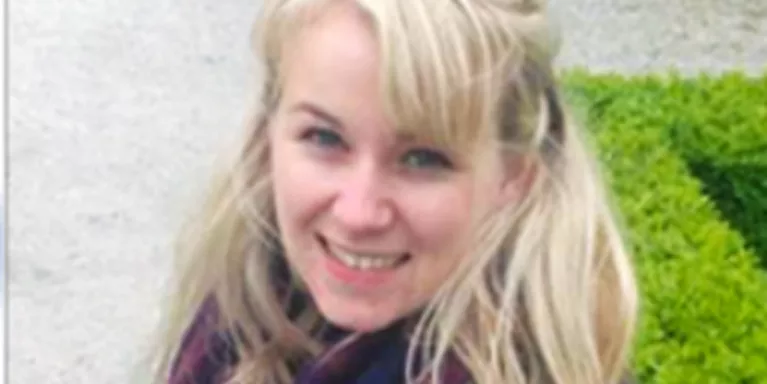Adding insult to injury
Sian Greenhead is a researcher for the Mental Health and Justice Project, run by Victim Support. Today she writes about how the justice system is failing people with mental health problems.
Imagine the scene – you are travelling home on the bus with a friend after a night at the cinema, engrossed in an animated debate about the film. Your friend nearly misses her stop as a result and waves you a frantic goodbye as she rushes off the bus.
Another 10 minutes and you reach your stop. Stepping off the bus you pause for a moment, rummaging through your bag for your mp3 player.
Out of nowhere you feel a blow to your right cheek and then another directly to your forehead. You fall to the ground, confused and disorientated.
Someone kicks you hard in the ribs and shouts “give me your bag!”. You look up and see a figure standing above you. “Your bag!” he shouts again. You throw it towards him, heart racing and fear rising rapidly from the pit of your stomach.
He grabs your bag and disappears into the night. You lie on the pavement stunned, disorientated and frightened…
This happened to Dan two months ago in West London. Dan has bipolar disorder, experiencing frequent periods of severe depression which can make it difficult for him to leave the house and see other people.
This was not the first time he has been a victim of crime. Some months before he was mugged by a group of teenagers. On that occasion, it had been broad daylight and no one had intervened.
Unsurprisingly these experiences have left him shaken and distressed. What is perhaps more surprising is that he didn’t report either incident to the police.
Dan is someone I interviewed recently as part of the Mental Health and Justice Research Project. This is a three-year research study being led by Victim Support in partnership with Mind and a number of London Universities including the Institute of Psychiatry, Kings College London.
We are investigating experiences of victimisation among people with mental health problems, building upon earlier work by Mind detailed in the 2007 report, Another assault.
Another assault highlighted that a shocking 71 per cent of people with mental health problems had been victims of crime or harassment in the last two years. Added to this, the report showed that people felt disempowered to speak out about their experiences and those that did were largely disappointed with the overall response from the authorities.
When I asked Dan why he didn’t report either incident, he told me about a previous experience he’d had reporting a mugging. In this instance he’d disclosed that he had bipolar disorder and as a result he felt he was treated differently, not taken seriously, and directed to the community mental health services rather than dealt with by the criminal justice agencies.
He was also advised to go out less and avoid certain areas in order to reduce the chance of something like this happening again. This made him feel that he was to blame for being mugged and when he thought about this later, he felt angry that he was expected to change his behaviour because of someone else’s criminality. He wondered whether he would have been given the same advice if he did not have a mental health condition.
The purpose of the Mental Health and Justice Research study I’m working on is to delve into these issues further so we can develop a better understanding of the experiences of people with mental health problems as victims of crime and the responses to this victimisation. By doing so, we hope to support the development of measures that can reduce vulnerability to crime and ensure fair and equal access to the justice system.
So, if like Dan you want to share your experience, have your say and contribute to change, then get involved. Visit the Victim Support website to find out how you can take part in our study.

Our campaigns
We'll fight your corner. We believe everyone with a mental health problem should be able to access excellent care and services. We also believe you should be treated fairly, positively and with respect.
Share your story with others
Blogs and stories can show that people with mental health problems are cared about, understood and listened to. We can use it to challenge the status quo and change attitudes.

















